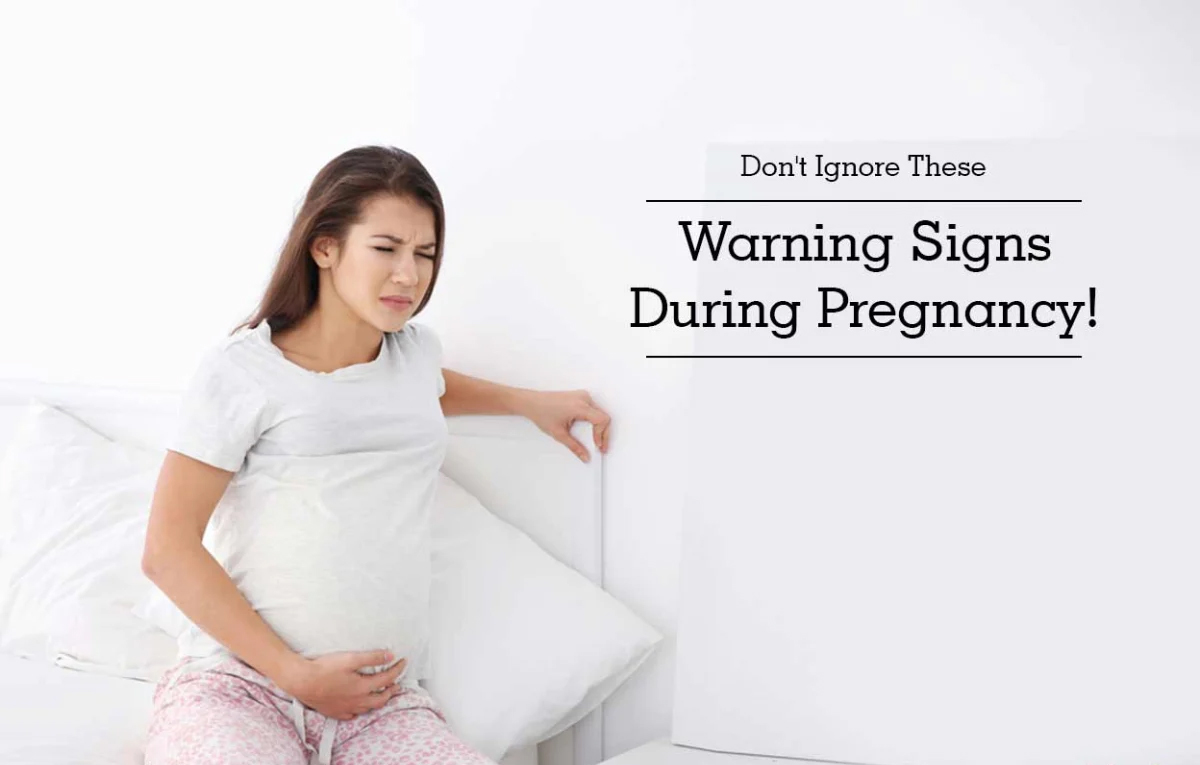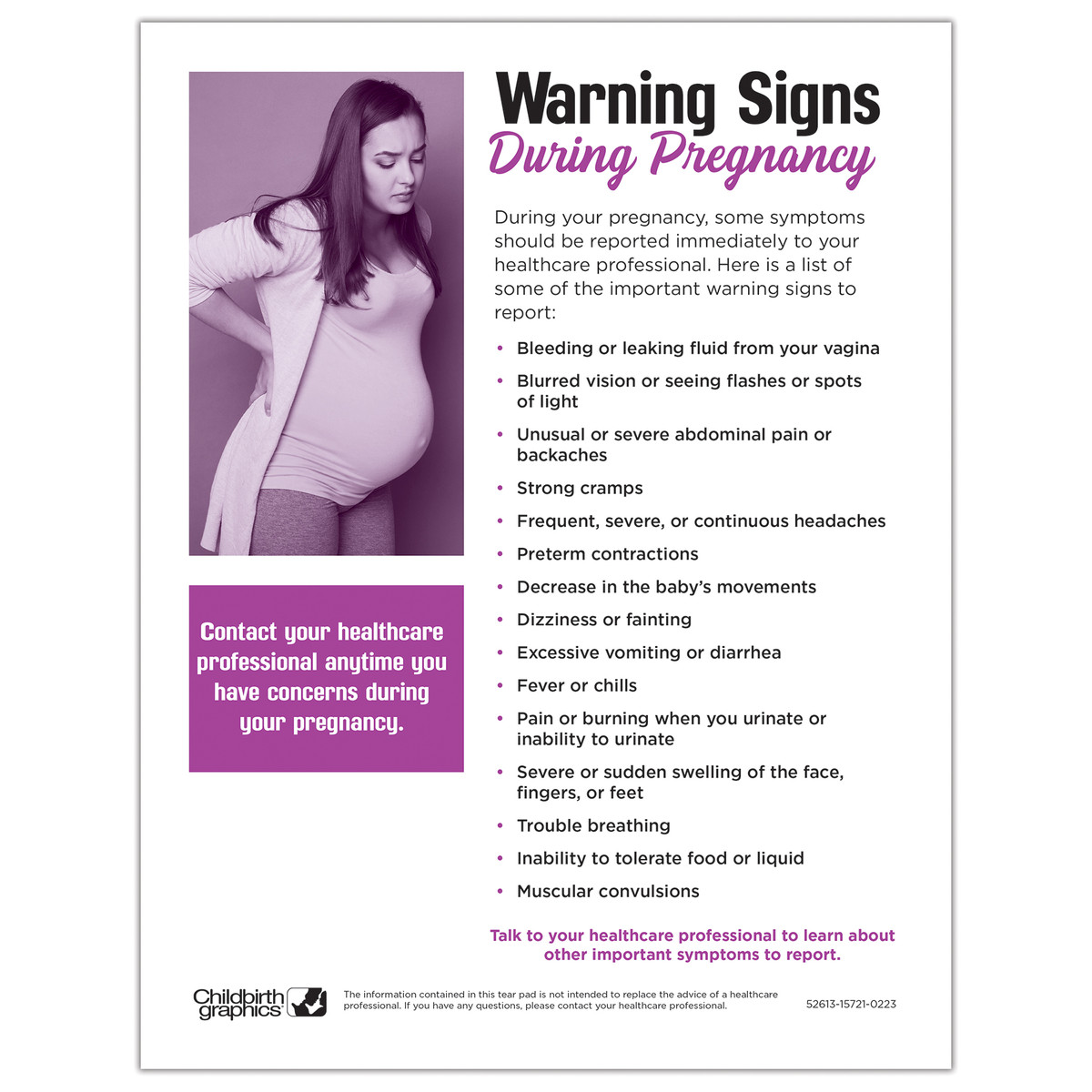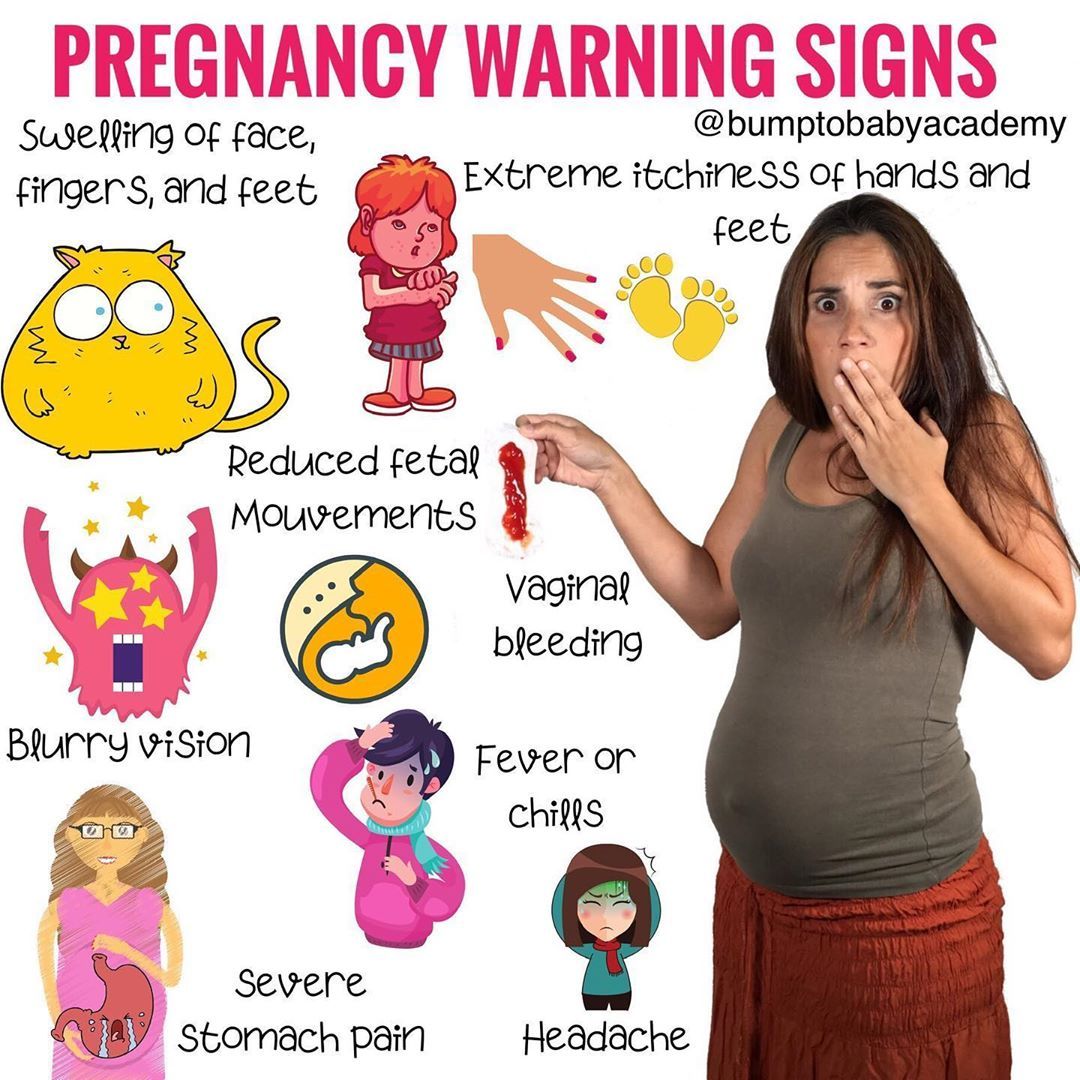
Key facts
- Many symptoms in pregnancy are common and not a cause for concern, however some symptoms may indicate a serious problem.
- Seek help immediately if you feel your baby moving less than usual.
- Seek help immediately if you are injured in your abdomen (tummy area).
- Potential signs of a problem include bleeding from your vagina, severe abdominal pain, blurred vision, swelling and a bad headache that doesn’t go away.
- You can lower your risk of complications by going to all your antenatal appointments and maintaining a healthy lifestyle.
How can I tell if there is a problem with my pregnancy?
Pregnancy is a time of great change for your body as you get ready for your baby to arrive. You may be worried about some of the changes you are experiencing, and want to know when you should seek help.
Many changes in your body are likely to be a normal part of pregnancy. It’s a good idea to be familiar with common pregnancy health issues that you might experience. However, some signs could point to a more serious pregnancy complication.
Some of these symptoms may happen at different stages of your pregnancy, while others could occur at any time. Even if you are not sure, but think that something just ‘doesn’t feel right’ with your or your baby’s health, it’s important to get it checked out.

Call your doctor or midwife straight away if:
- your baby is moving less than usual
- you have experienced an injury to your abdomen
- you have severe abdominal pain or bleeding from your vagina
- you have blurred vision, sudden swelling or a bad headache that doesn’t go away
Which symptoms should I get checked out?
Any time during pregnancy
- Contact your doctor, midwife or hospital immediately if you have severe nausea or vomiting
- bleeding from your vagina that is heavier than spotting
- severe pain in your abdomen
- clear fluid leaking from your vagina
- fever or chills
- shortness of breath or a racing heart
- pain or swelling in one leg
It’s also important to contact your doctor, midwife or hospital immediately if you have experienced a hit or blow to your stomach — such as from a fall, car accident or family violence incident.
See your doctor or midwife as soon as possible if you have:
- problems with your emotional health that last longer than 2 weeks — such as feeling depressed or anxious, or being unable to do your usual everyday tasks
- an unusual discharge from your vagina
- weight loss
- urgency, pain or a burning feeling when urinating (weeing)
- swelling in your legs that doesn’t improve overnight
Early pregnancy (before 20 weeks)
Contact your doctor, midwife or hospital immediately if you have:
- severe pain or cramping in your lower abdomen or pain in the tip of one shoulder — especially if you also have bleeding from your vagina
- dizziness or fainting
Later pregnancy (after 20 weeks)
Contact your doctor, midwife or hospital immediately if you have:
- changes to your vision, flashing lights or blurry eyesight
- sudden, severe swelling in your hands, feet or face
- a headache that doesn’t get better if you take pain-relieving medicine
- pain under your ribs
- extreme itchiness of your skin, especially your hands and feet
- swelling in your legs that doesn’t improve overnight
Go to your local hospital immediately if your baby has stopped moving, or is moving less than usual.
What will happen when I see my doctor or midwife?
When you see your doctor or midwife, they will ask you about your symptoms and examine you. They may perform some tests to check your and your baby’s health. These tests may include:
- measuring your blood pressure
- an ultrasound
- blood tests
- a urine test
They may give you a referral to another doctor or health professional, or they may send you to hospital.
The treatment you will be offered depends on your individual circumstances and what is causing your symptoms. You might need to be monitored more often throughout your pregnancy. Your doctor or midwife will talk to you about whether it’s safest for your baby to be born early.
How can I avoid pregnancy complications?
You can lower your chance of complications by going to all of your antenatal appointments. If a health issue is found, it can be treated early and monitored so it doesn’t get worse.
You can also lower your risk of pregnancy complications by eating a healthy balanced diet, exercising, maintaining a healthy weight and avoiding alcohol, smoking and drug use.
It’s not always possible to avoid a complication in pregnancy. You may have a higher chance of developing a complication if you:
- had a health problem before you became pregnant
- had a complication during a previous pregnancy
- have a family history of pregnancy complications
- are over 35 years of age
- are pregnant with more than one baby
- are living with overweight or obesity




